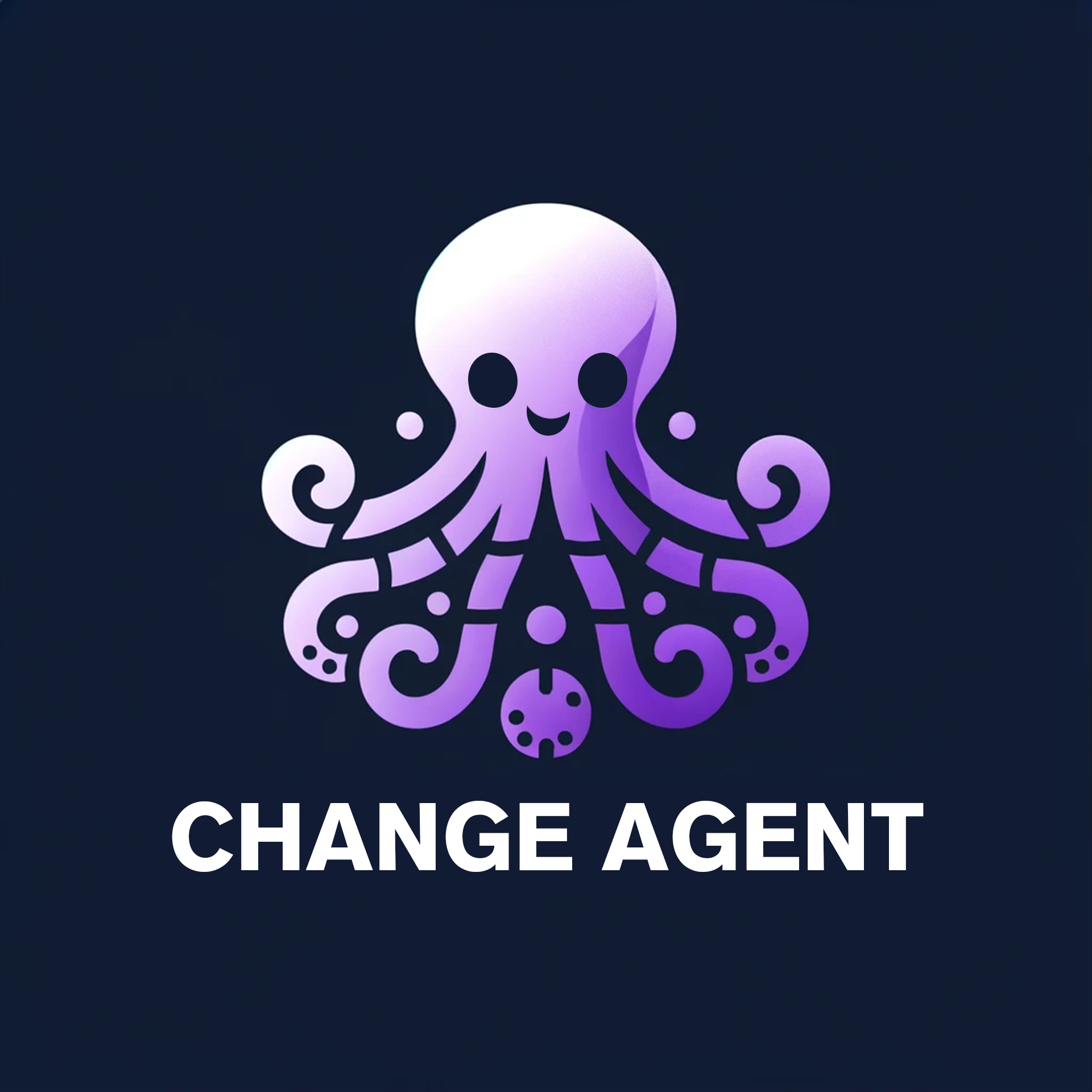Creating Persuasive Policy Briefs and Testimony with Change Agent
A step-by-step guide to crafting compelling policy briefs and testimony.
📋 STEP BY STEP
Here’s how you can use Change Agent to create persuasive policy briefs and testimony.
Step 1: Define the Policy Issue
Clearly articulate the policy issue you want to address, including relevant context, data, and key stakeholders. This will serve as the foundation for your policy brief and testimony.
Step 2: Upload Relevant Information to Change Agent
Upload any relevant documents, reports, or research related to the policy issue into Change Agent. This can include items such as academic studies, government reports, news articles, stakeholder feedback.
- To upload the information as a file
- Click the
“+”symbol to the left of the prompt window - Choose your file
- Click the
- To load the information from a webpage
- Copy the entire URL (NOTE: if the URL is for a Google Doc or other cloud service, make sure that sharing is set to “Anybody with the link”)
- Type
“#”into the Change Agent prompt window and paste your URL immediately after the“#” - Click on the gray dialog window that says
#[URL]to load the information
Step 3: Prompt Change Agent to Analyze the Issue
Ask Change Agent to analyze the uploaded information and identify key themes, values, and policy proposals related to the issue. Use a prompt such as:
"Analyze the uploaded documents and identify the most pressing concerns related to [POLICY ISSUE]."
Step 4: Draft the Policy Brief
Use Change Agent’s analysis to draft a clear and concise policy brief that outlines the problem, proposed solutions, and key stakeholders. Ask Change Agent to generate a first draft using a prompt such as:
"Draft a policy brief on [POLICY ISSUE] based on the analyzed information."
Regenerate the answer at least five times to refine the draft.
Step 5: Refine and Revise
Review the drafts and ask follow-up prompts to ensure that the policy brief emphasizes the right themes, values, and issues in the tone that best matches your organization’s voice. Use prompts such as:
"Rewrite the policy brief to highlight the impact on [SPECIFIC COMMUNITY]"
Step 6: Prepare Testimony
Use the refined policy brief to prepare testimony that effectively communicates your organization’s position on the issue. Ask Change Agent to generate a draft using a prompt such as:
"Draft testimony based on the policy brief, emphasizing [KEY POINTS]."
Step 7: Finalize and Deliver
Review and finalize the policy brief and testimony, ensuring they accurately reflect your organization’s stance on the issue. Use these documents to inform policymakers, stakeholders, and the public about the importance of addressing the policy issue.
📘 BACKGROUND
Current Process
Drafting policy briefs and testimony often involves a time-consuming and labor-intensive process, requiring significant research, analysis, and writing expertise. This can lead to delays in responding to emerging issues and limited opportunities for stakeholder engagement.
Opportunity
Change Agent offers an innovative solution by streamlining the policy brief and testimony development process. By leveraging AI-powered analysis and drafting capabilities, organizations can quickly respond to emerging issues, engage stakeholders, and inform policymakers with clear and effective policy briefs and testimony.
Benefits
- 80% reduction in research and analysis time
- 90% reduction in drafting time
- Increased stakeholder engagement through clear and concise communication
- Improved responsiveness to emerging issues

